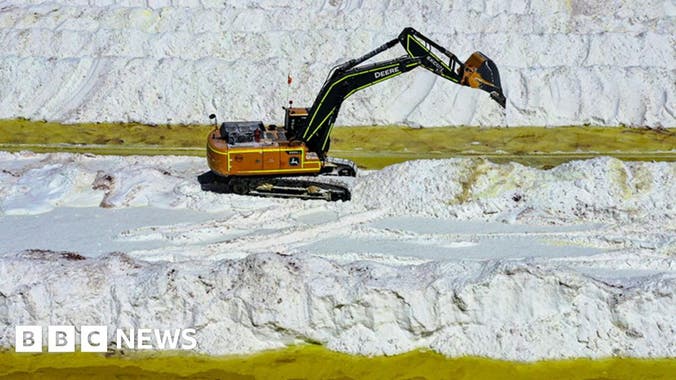Tensions grow as China ramps up global mining for green tech
…
As Chinese companies have increased their overseas mining operations, allegations of problems caused by these projects have steadily risen.
The Business and Human Rights Resource Centre, an NGO, says such troubles are “not unique to Chinese mining” but last year it published a report listing 102 allegations made against Chinese companies involved in extracting critical minerals, ranging from violations of the rights of local communities to damage to ecosystems and unsafe working conditions.
These allegations dated from 2021 and 2022. The BBC has counted more than 40 further allegations that were made in 2023, and reported by NGOs or in the media.



Add comment